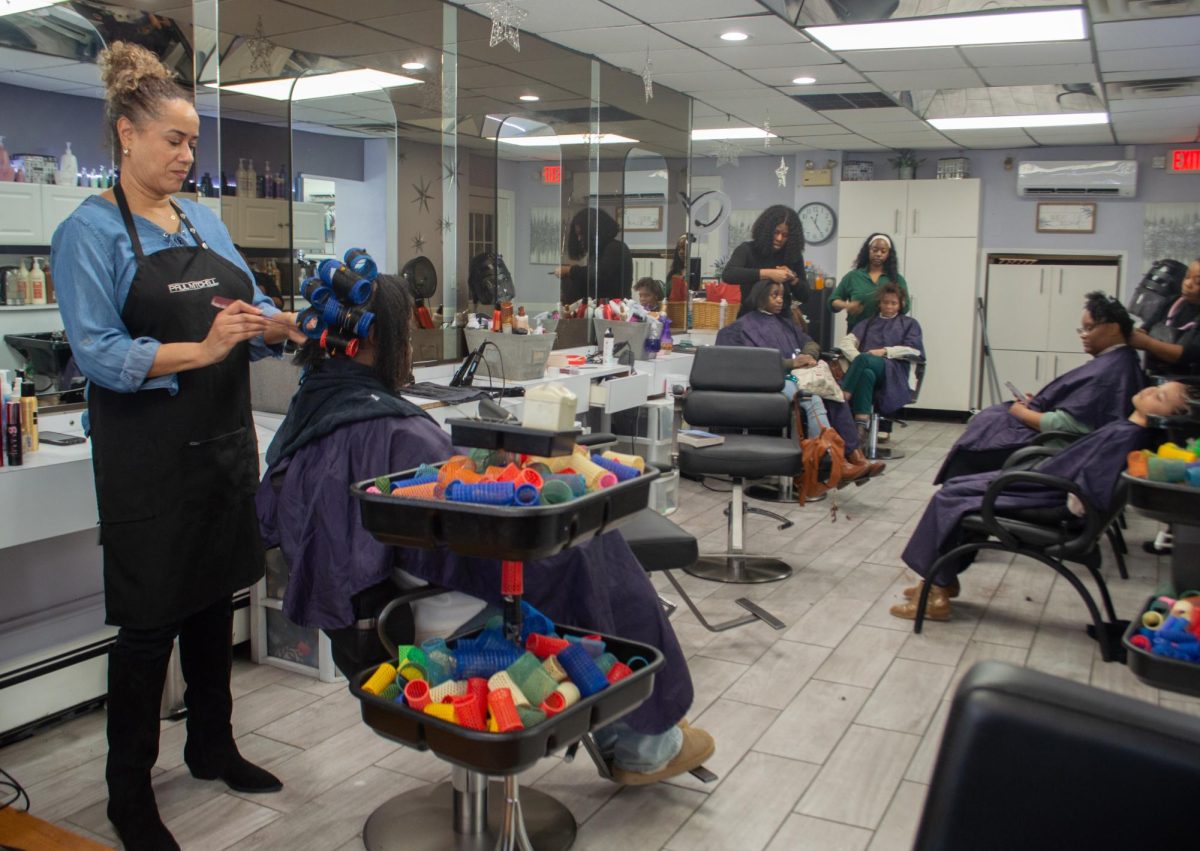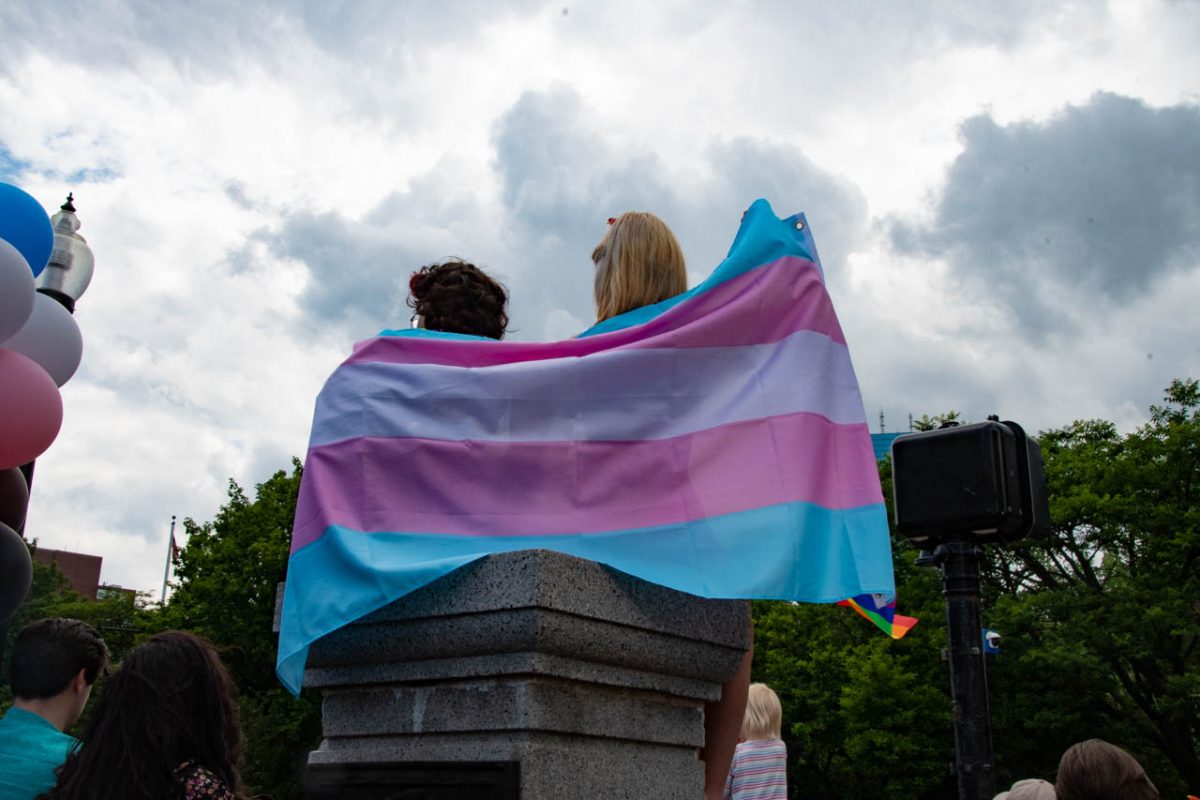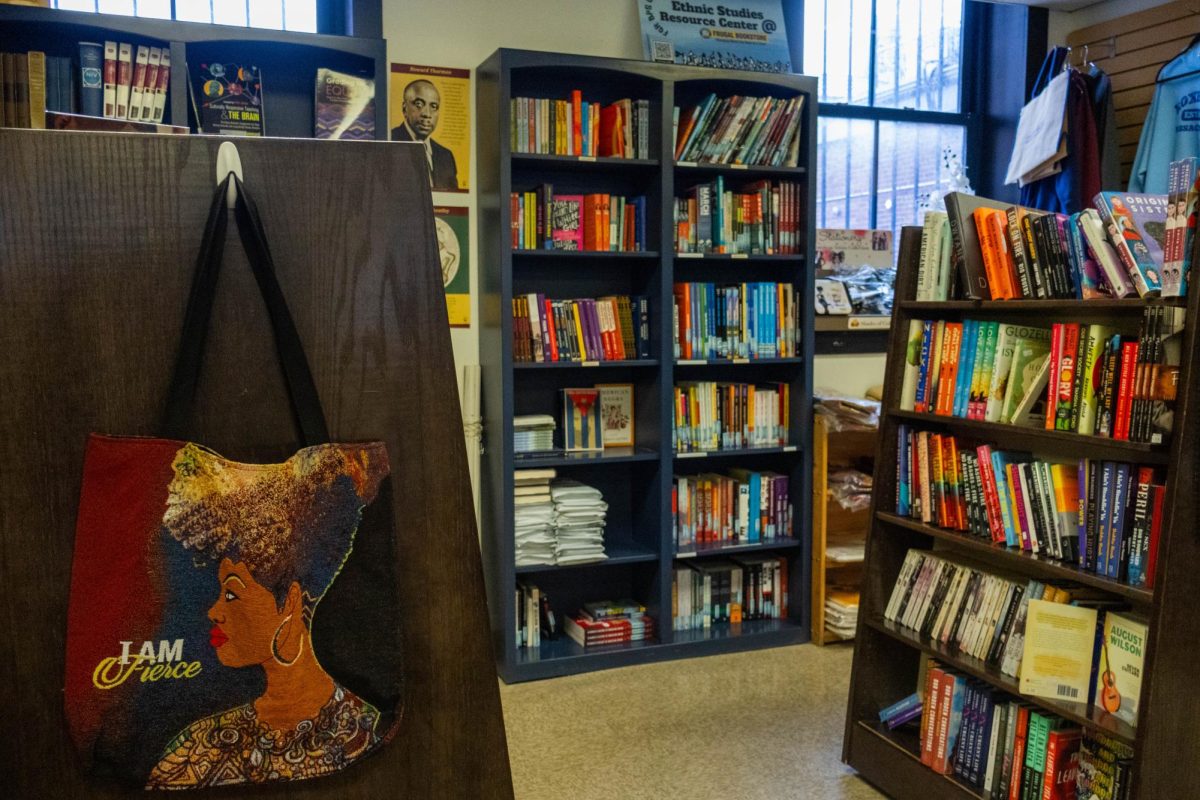By Rebecca Sirull, News Staff
Supporters of Governor Deval Patrick enjoyed a glimmer of hope on Feb. 23 as the Massachusetts legislator indicated the possibility of a presidential bid. In an interview with Politico, a political journalism organization, he responded to questions about a presidential run with “maybe, maybe.” Those two little words set off a frenzy of speculation surrounding possibilities for the governor’s future in the public sector.
However, the governor’s response affords little more insight into his career plans than was previously known. According to Patrick he has “no plans” to run for office in the near future, and he is “looking forward to taking a break” after leaving his current position.
John Walsh, executive director of Patrick’s political action committee, said it signifies a vote of confidence from the people of Massachusetts that they would like to see their governor in the Oval Office.
“People are looking around for someone who might potentially be a viable candidate and it’s definitely a compliment that they put him on that kind of a list,” Walsh told The Huntington News.
Greg Goodale, a Northeastern professor of communication studies with a concentration in political communication and political rhetoric, shared this sentiment.
“There are a lot of people in Massachusetts who would like to see him run because he’s done a good job as governor, for the most part,” Goodale said.
Before Patrick’s 2005 campaign, Massachusetts suffered problems with infrastructure, from more than 750 structurally deficient bridges to the mismanagement of the infamous “Big Dig” project, which rerouted Interstate 93 into a tunnel system. Walsh said these issues, among others, may have contributed to the state’s loss in population in the two years before Patrick’s election, a phenomenon he described as “unheard of.” It was in the midst of these issues that Patrick was elected, on the promise of moving Massachusetts forward and getting the state back on track toward success.
After more than seven years in office, Patrick plans to stay focused throughout the end of his term on maintaining those same values that got him elected, Walsh said.
“What the governor’s going to continue in the next year, is to focus on those long term decisions … investing in education, innovation, and infrastructure, that makes Massachusetts a place that drives growth and opportunity for all of our citizens,” Walsh said.
A recent WBUR poll indicated that Patrick has, for the most part, maintained the support of his citizens throughout his final term. The survey, conducted by The MassINC Polling Group, reported that 52 percent of respondents have a favorable view of Patrick, while 38 percent have an unfavorable view. While still maintaining a majority favorable percentage, these numbers are down from the last poll, conducted in April, which reported 61 percent favorable and 23 percent unfavorable.
Despite the positive response to Patrick’s policies, there are still some critiques of his administration. Goodale said Patrick runs the second worst child welfare agency in the United States, a problem that was recently brought into the national spotlight with the case of Jeremiah Oliver, a foster child who was returned to a former abusive family and disappeared after social workers failed to check on his situation for seven months.
“That one story is a microcosm of how bad the foster care system is in Massachusetts and if Patrick runs for office there will be ads about that, because it’s a tragic, tragic story and it demonstrates a lack of commitment on the governor’s part to the at-risk children of Massachusetts,” Goodale said.
However, Patrick also has access to two key elements that could help counteract this kind of poor publicity in the event of a campaign for national office. He shares several of the same staff as Obama had for his 2012 campaign, giving him the ability to put together a highly effective team. Goodale said signs of Patrick deciding to run could include spending time with members of Obama’s staff, such as David Axelrod, who served as the president’s senior strategist in 2012.
Another potential campaigning asset could be Patrick’s deep connection to several corporations, including United Airlines, Reebok and Coca Cola. These connections would be of great use to Patrick for the fundraising required to run a political campaign, Goodale said.
Despite all the speculation, at this point it is simply too soon to know for certain what the future will hold for the governor. In his interview with Politico, Patrick said, “I’m leaving open the possibility of a wonderful, full life of contributions after I have left this job.” Whether those possibilities will include a run for the presidential office, only time will tell.








